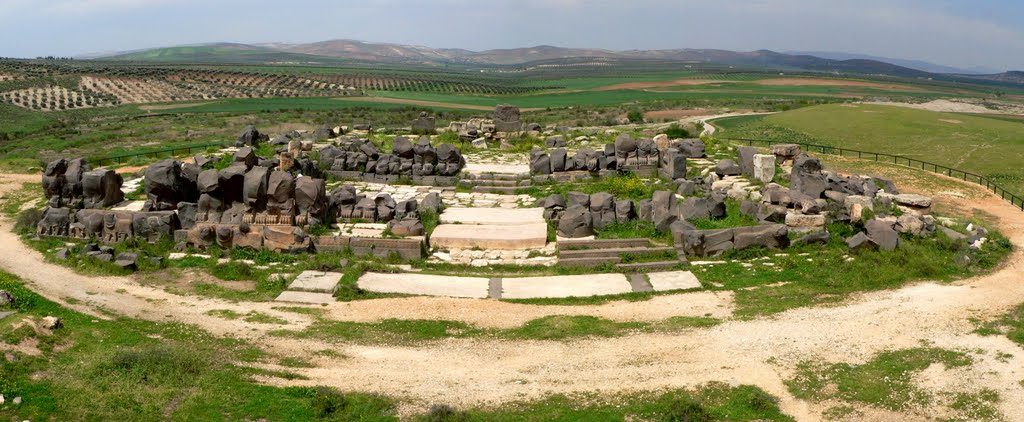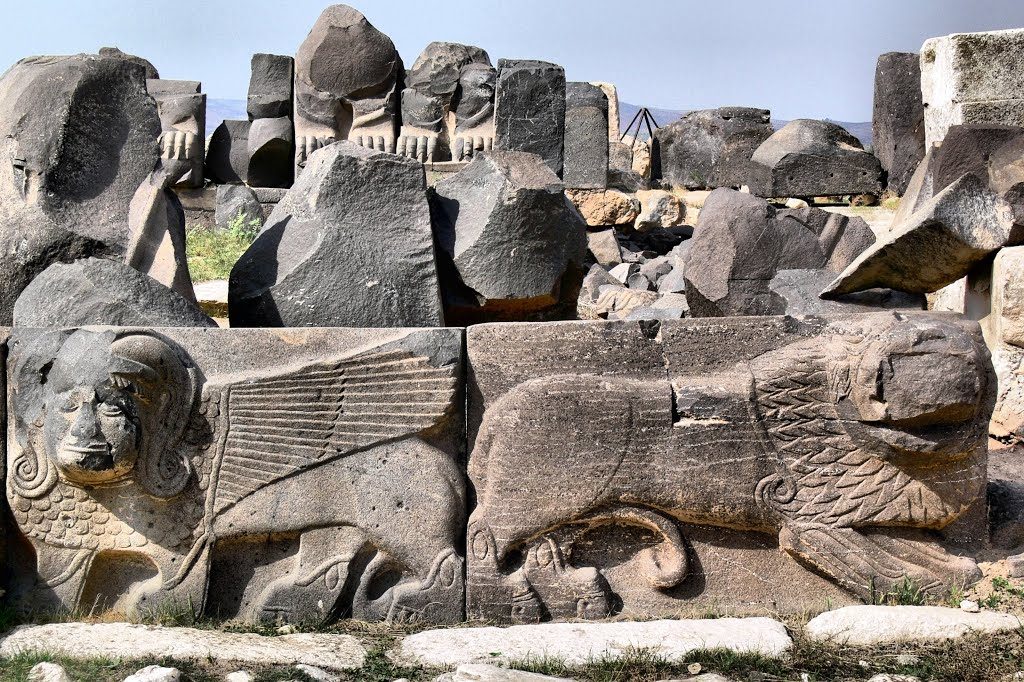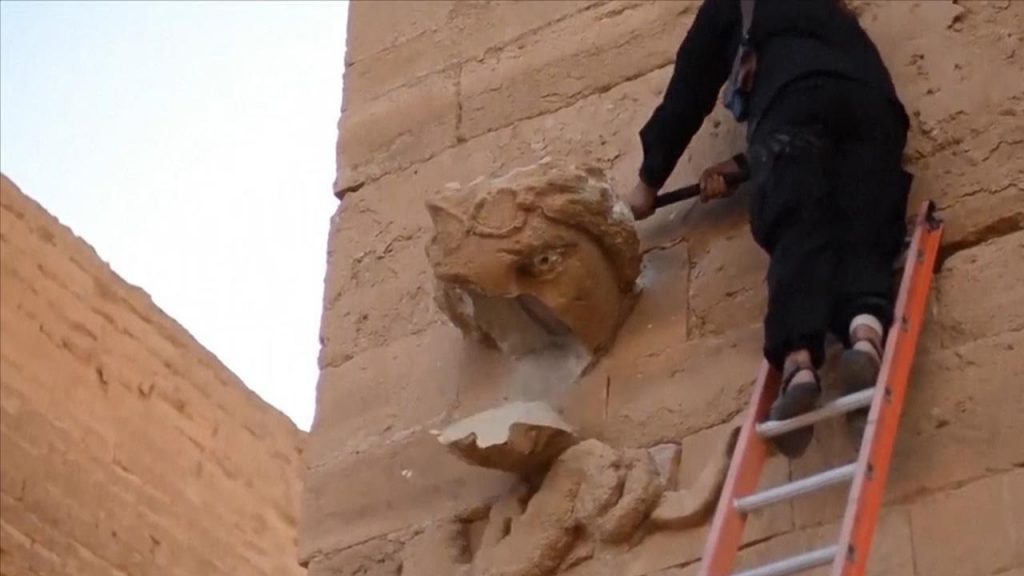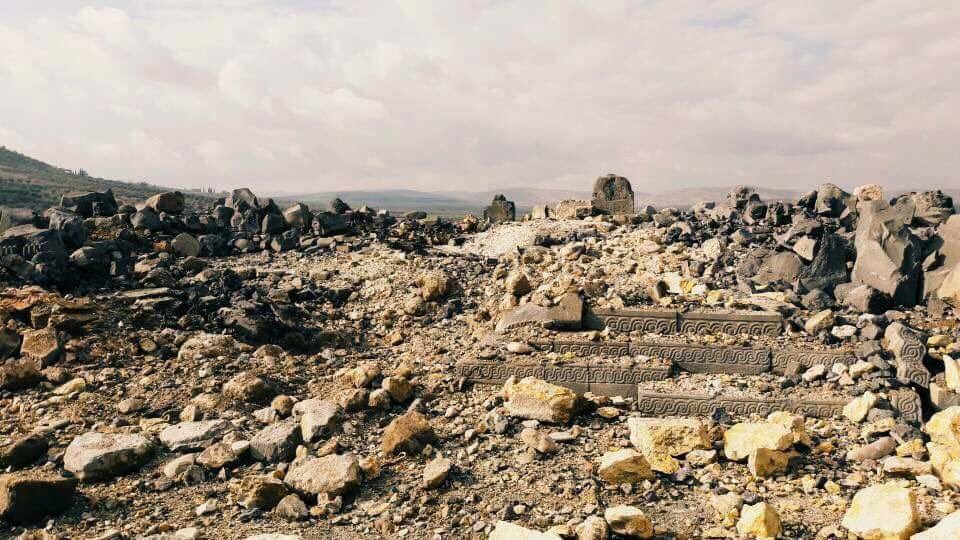Thousands of Years Old Remains of Women’s Culture Destroyed
On the 20th January 2018, the Turkish state waged a total war over the autonomous region of Efrin, part of the democratic confederation of Northern Syria. More than one week later, the attacks on the population continue. Turkish airstrikes have killed over 80 civilians – many of them children – and more than hundred have been wounded through widespread bombing. The ancient places of Nebi Huri (Cyrrhus) and the Ain Dara have also been targeted, the latter being completely devastated.

The temple of Ain Dara is estimated to have been constructed around 1300 BC as part of the late Hittite culture. It is considered to be one of the oldest historical temples of the area and is located about 8km south of the center of Efrin city. It is assumed that the temple was dedicated to the mother-goddess Ishtar or Astarte, who is the symbol of matricentral society and natural equal life. Its most significant details were a huge basalt lion as well as the facade and interior walls of the temple that showed hundreds of finely carved symbols such as mythical creatures like winged lions with the head of a woman, mountain gods, palmettes and ornate geometric designs. At the entrance of the Ain Dara temple there were one meter long carved human footprints, symbolizing the presence of the goddess. This site is an important part of the culture and history of women hidden in the region of Efrin and Rojava.

With this targeted attack by the Turkish state on the Ain Dara temple we cannot help but relate this to the massive archaeological destructions operated by IS (Islamic State/ Daesh) in both Syria and Iraq. Many places related to the history of civilisations were destroyed, such as the Roman city and temples of Palmyre in Syria, as well as the Assyrian city of Nimrod and the Parthian city of Hatra in Iraq.
Less than one year ago, a resolution of the UN security council condemned the IS and other islamist groups in Syria concerning the ”unlawful destruction of cultural heritage” and stressed that member states must take measures to protect archaeological and cultural sites. As they affirm, destruction like this can constitute “war crimes”. But now, we see again the limits of the universality of international law when it conflicts with the interests of NATO’s second biggest army. On an international level we face a huge hypocracy: While the atrocities of Daesh were being condemned, the same ways of acting by the Turkish state are being ignored.

Both attacks of Daesh and of the Turkish state are revealing the fascist attempt to destroy historical heritage that do not fit in the national or religious myths developed by them as murderers. For Turkey today, it is a matter of annihilation of Kurds as people and a nation, attacking the roots of their identity.

We do not see it as a coincidence that the Turkish state is attacking women’s history as another means to conserve the old patriarchal order. Against fascism the people of Efrin continue to defend their historical identity, the culture of the mother-goddess and the democratic ecologic women’s revolution.
Jineoloji Academy